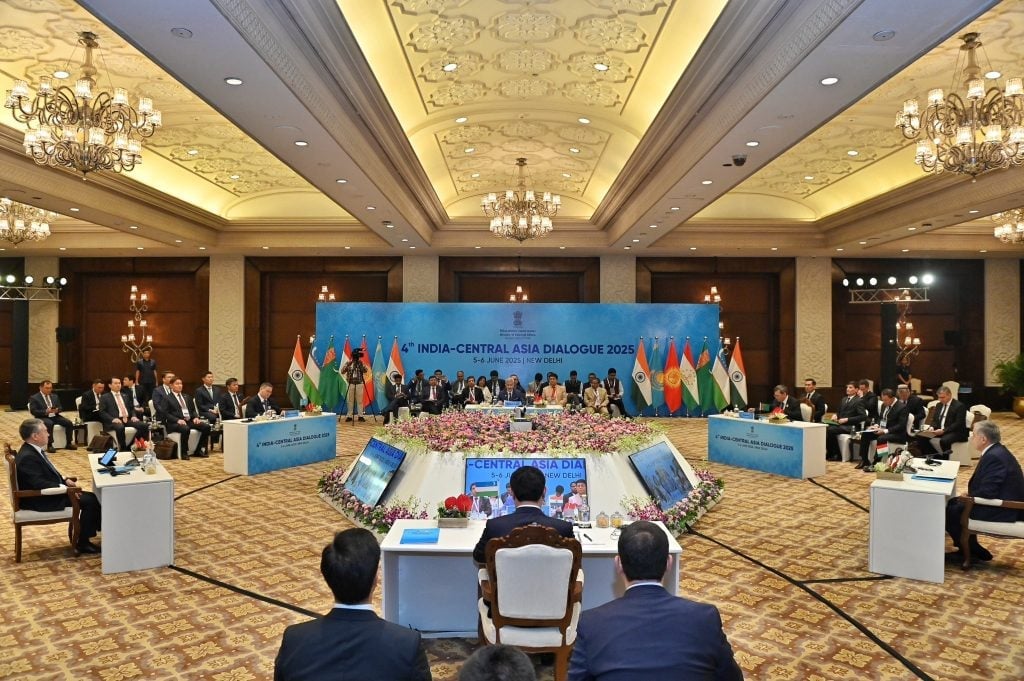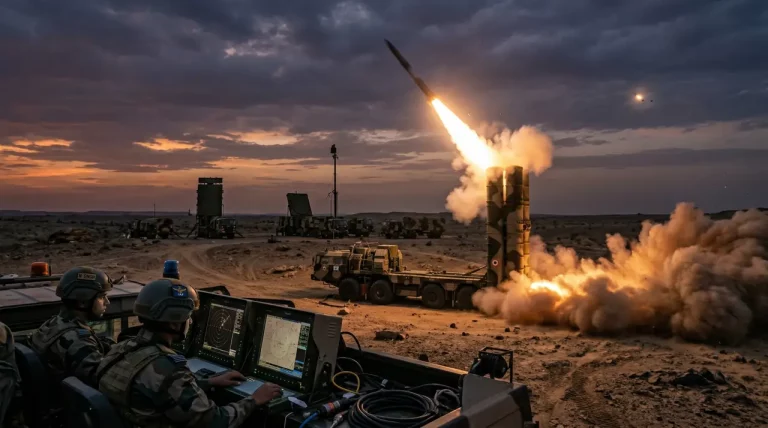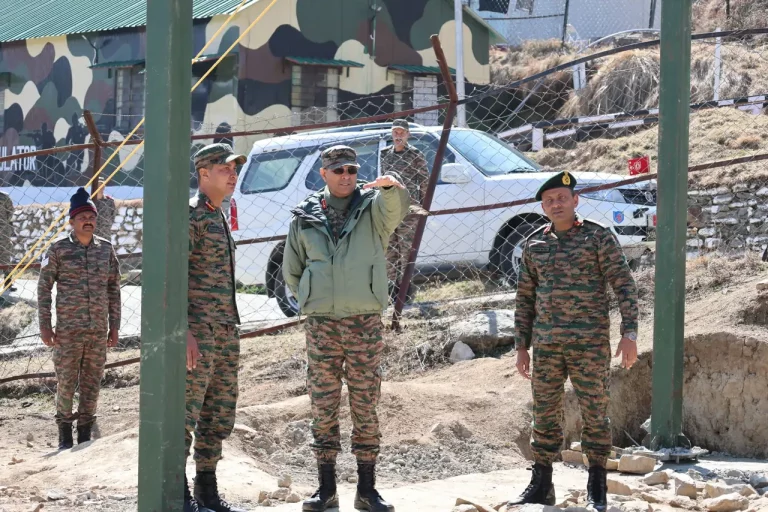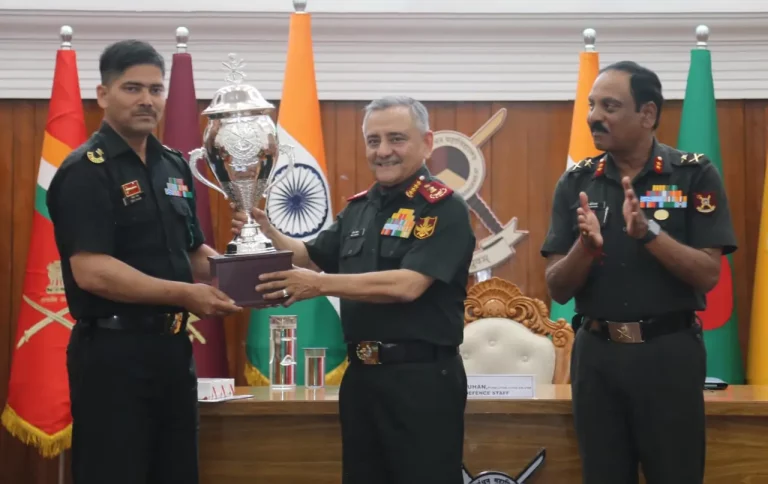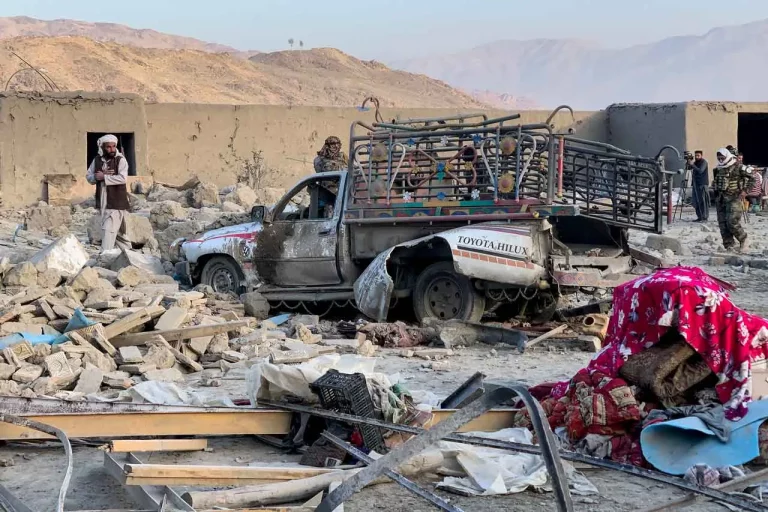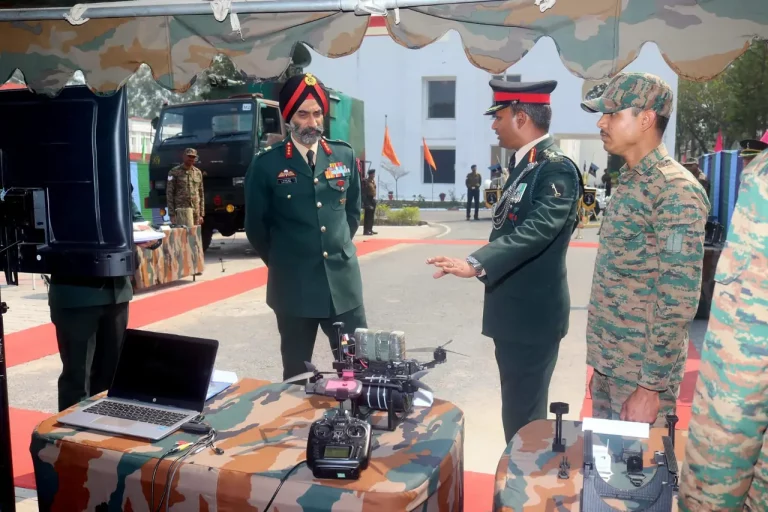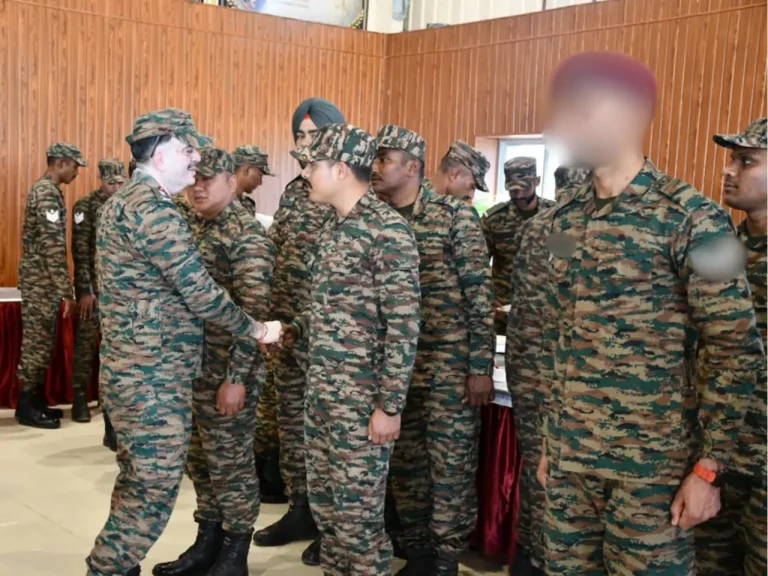In a significant move aimed at diminishing global reliance on China for crucial mineral supplies, India has shown a keen interest in establishing a strategic alliance with five Central Asian nations: Kazakhstan, Kyrgyzstan, Tajikistan, Turkmenistan, and Uzbekistan. This proposed collaboration centers on the joint exploration and development of rare earth elements and other critical mineral resources, a topic of discussion during the recent 4th India-Central Asia Dialogue held in New Delhi.
A joint statement released after the meeting highlighted a collective commitment to diversifying supply chains for essential materials that are pivotal in various sectors, including renewable energy, electronics, defense, and electric vehicles. The initiative comes in light of increasing unease over China’s tightening control on rare earth exports, following its announcement of export restrictions in April 2025 due to national security concerns.
Currently, China commands approximately 70% of the global rare earth mining industry and is a dominant player in the refining and processing stages. The newly proposed partnership between India and Central Asian countries seeks to disrupt this monopoly and mitigate the geopolitical risks tied to dependence on a single supplier.
Foreign ministers from each of the six participating countries reaffirmed their commitment to enhancing cooperation in trade, connectivity, and technological innovation. The forthcoming second India-Central Asia Rare Earth Forum, planned for 2024, will build upon the foundational work established this year, focusing on joint ventures, delegation exchanges, and knowledge sharing.
Despite holding the third-largest rare earth reserves globally, India’s potential in this sector has remained relatively untapped, attributed largely to limited private investment and insufficient refining infrastructure. The Indian government, through its National Critical Mineral Mission, aims to promote increased domestic mining and processing, potentially offering fiscal incentives to boost the production of rare earth magnets.
Experts anticipate that this collaboration could significantly alter the global rare earth market, providing alternative supply routes and bolstering economic resilience among partner nations. The agreement includes India’s commitment to offer technical assistance to its Central Asian allies, alongside efforts to enhance regional connectivity via initiatives like the International North-South Transport Corridor (INSTC) and the Chabahar Port project.
Beyond discussions surrounding mineral cooperation, the dialogue also addressed a diverse range of strategic topics, including advancements in digital infrastructure, collaboration in healthcare, and initiatives against terrorism. Both parties reiterated their dedication to sustainable growth and regional stability.
Looking ahead, the next India-Central Asia Dialogue is scheduled for 2026, with expectations running high on both sides for the development and future success of this evolving partnership.
